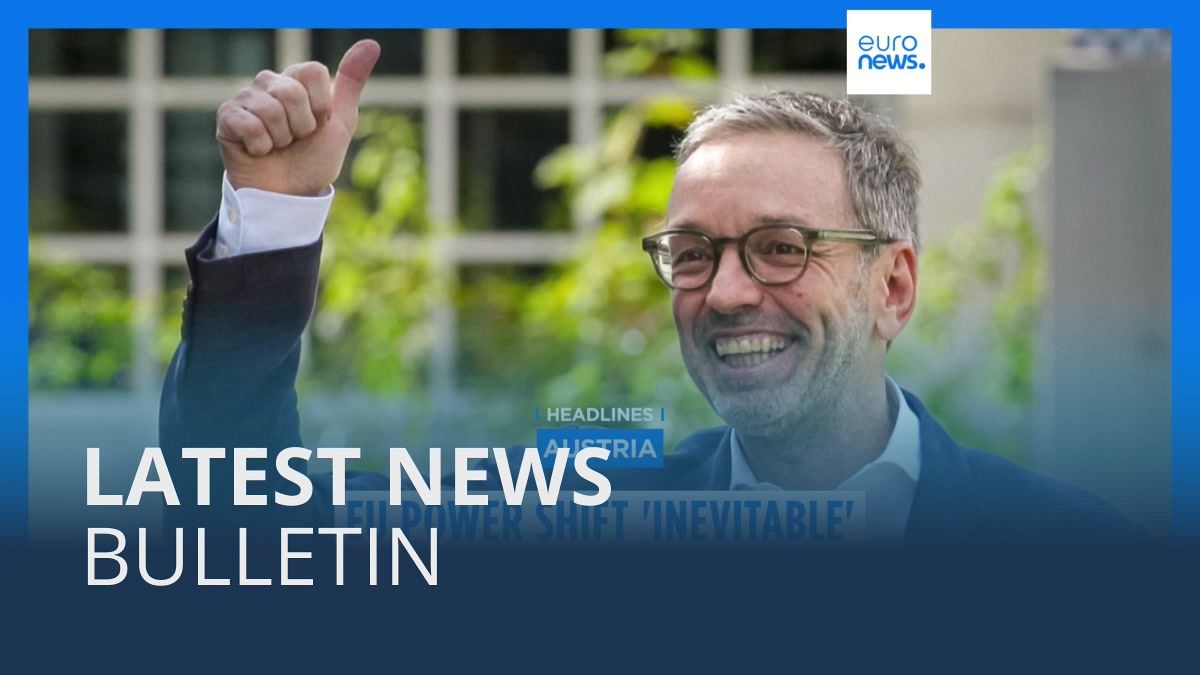‘We would need to make choices’: Why US President Joe Biden is threatening Israel now
After watching Israel flatten much of Gaza, President Joe Biden decided to draw the line at the city of Rafah. Now, he has to decide what to do if Prime Minister Benjamin Netanyahu crosses it. The president quietly directed his team last week to halt shipments of massive bombs to Israel to “deliver a message” to Netanyahu […]
After watching Israel flatten much of Gaza, President Joe Biden decided to draw the line at the city of Rafah. Now, he has to decide what to do if Prime Minister Benjamin Netanyahu crosses it.
The president quietly directed his team last week to halt shipments of massive bombs to Israel to “deliver a message” to Netanyahu that no operation should move forward without a civilian protection plan in place, a U.S. official said.
Then, after Netanyahu moved forward with a push into Rafah, Biden gave a primetime interview Wednesday in which he vowed not to send Israel more of the large bombs and artillery shells it would likely use for a major assault on a city with more than a million Palestinians.
The administration is hoping that the threat is enough to stop a large-scale invasion of Rafah from happening, even as it continues to struggle to explain what, exactly, crosses their red line. Officials say they don’t want Israel to launch an operation that could further destroy infrastructure and send more civilians fleeing for safety, but they’ve consistently referenced being open to smaller, more-targeted missions in the southern Gaza city.
Netanyahu, who faces mounting domestic pressure to destroy Hamas and bring hostages home, appears poised to escalate the campaign, even without the U.S. president by his side as he has been since the Oct. 7 assault by Hamas that started the war.
“If that happens, we would need to make choices,” said a second U.S. official, one of three granted anonymity to discuss a sensitive hingepoint in the war. “It hasn’t happened, and it may well not happen. That’s what we’re working on.”
Ever since Hamas stormed into Israel and killed 1,200 people and took 250 hostage, Biden has promised to defend the country, refusing to waver despite pressure from congressional Democrats, pro-Palestinian voters and angry college students.
In defending Israel, the president and his team insisted it was impossible for Israel to cleanly target an enemy that uses human shields and hides among civilians.
Biden stressed support for Israel even in his Wednesday interview: “we will help you get [Yahya] Sinwar,” referring to the Hamas leader believed to be hiding in Rafah’s tunnels.
Biden’s weapons announcement is him breaking glass — and his relationship with Netanyahu — ahead of an emergency. It’s an unintentional admission that his effort to cajole the prime minister by withholding public criticism has had limited effects, enough to encourage efforts to improve the humanitarian crisis but not enough to end it.
The problem for Biden is Israel may already be far deeper into Rafah than he admits. The president told CNN “they haven’t gone into the population centers. What they did is right on the border,” with Egypt.
Satellite imagery seen by multiple outlets shows damaged buildings about two miles deep into the city, scenes that are consistent with what typically follows Israeli shaping operations and ground invasions. They indicate Israel Defense Forces have moved beyond the Rafah crossing between Egypt and Gaza and into the main areas of the city.
A senior administration official said Israel already has battalions in place to attack Rafah, but it doesn’t yet have enough troops to seize large portions of the city at this time. “Israel has everything they need to conduct a ground operation in Rafah if they want to, but the president has been clear he does not want to provide material for such an operation if Israel does proceed.”
It’s still unclear what the administration precisely defines as a “major” operation. National Security Council spokesperson John Kirby took a stab at it Thursday on a call with reporters, saying it’d be recognizable by the movements of many forces and damage to civilian infrastructure “as opposed to more precise, more targeted, more limited kinds of operations, quite frankly like we are seeing right now down at the Rafah crossing.”
While Biden is urging Israel to avoid targeting population centers, “it’s unclear to me what specifically the president wants to have happen,” said Jonathan Lord, who leads Middle East work at the Center for a New American Security think tank, noting that the administration seems to still want the destruction of Hamas and the return of hostages.
“It’s hard to see how the lack of clarity around the policy, coupled with the president’s recent public comments, works in service of those goals,” he added.
What's Your Reaction?

















































